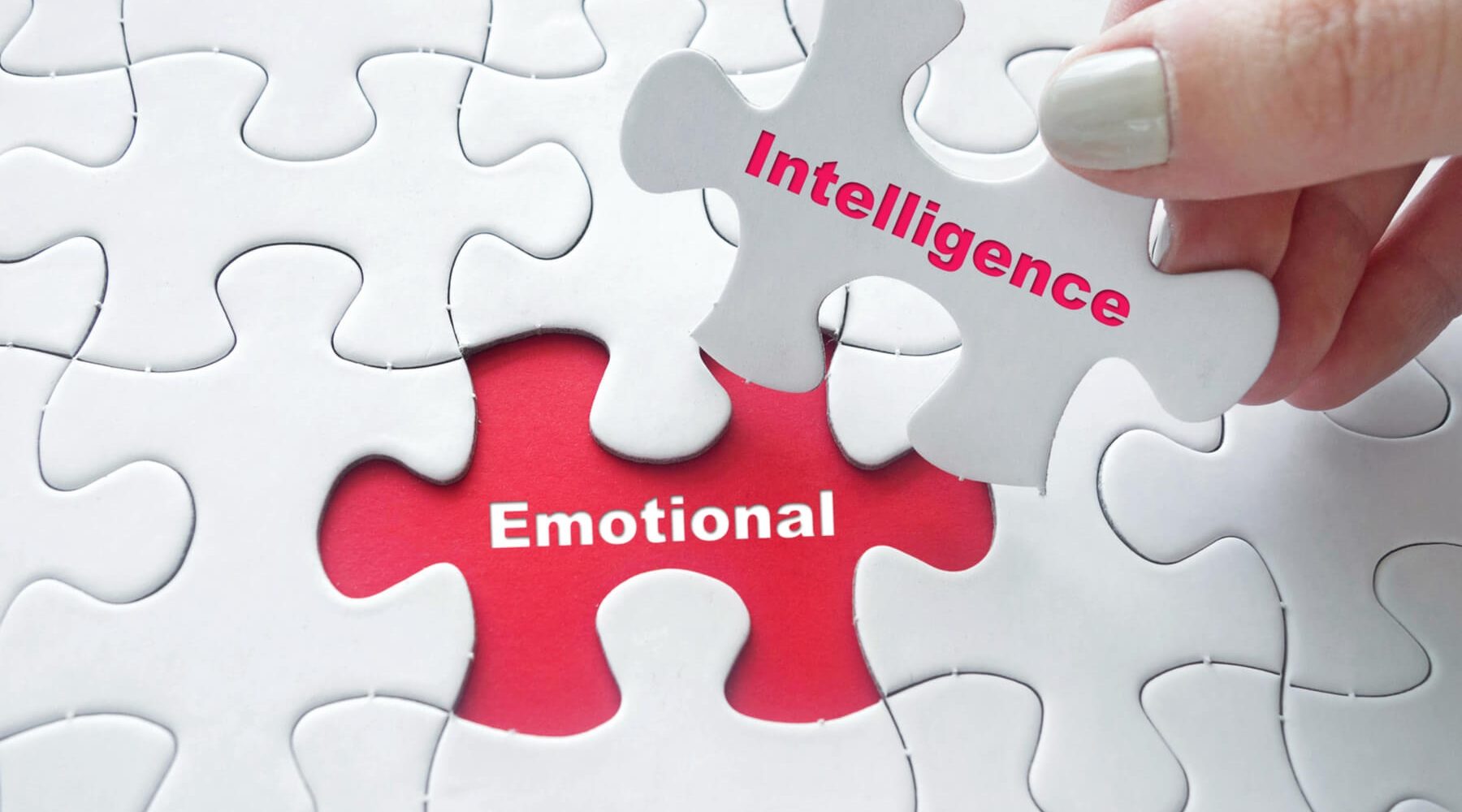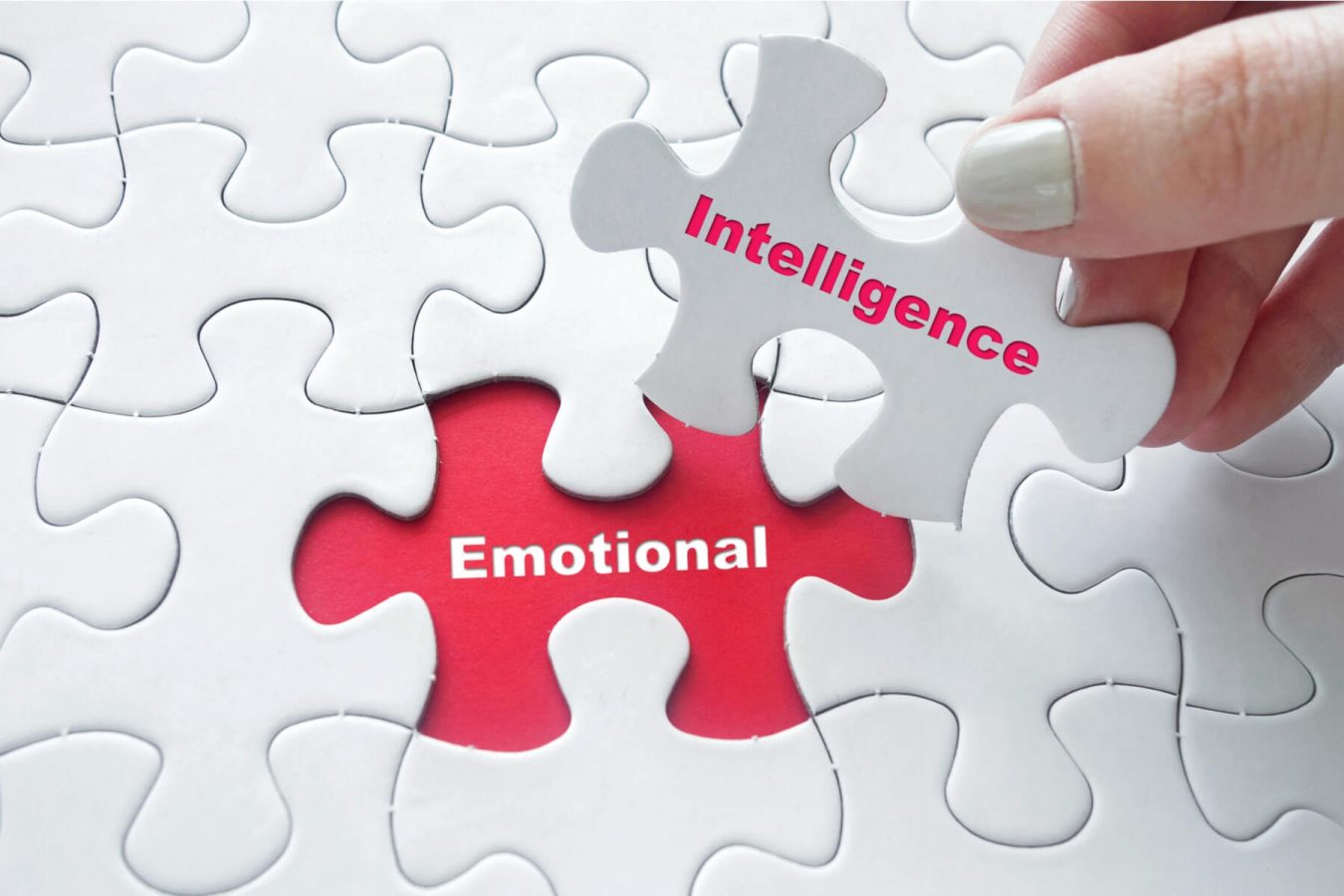
In the final of her series exploring Emotional Intelligence, Brett Borbely considers the role of empathy and social management.
Empathy
‘Without love we could not survive. Human beings are social creatures, and a concern for each other is the very basis for our life together.’ – Tenzin Gyatso, 14th Dalai Lama
According to Paul S. Bellet MD, and Michael J. Maloney MD, ‘empathy’ is defined as ‘the capacity to understand what another person is experiencing from within the other person’s frame of reference’. It is the outward application of the skills of self-awareness. By starting with self-awareness, one can identify personal propensities, set aside these biases and then view an experience through someone else’s internal narrative. The result of this process produces the powerful outcome of giving another permission to be authentically themselves; and being free to be true to oneself is the beautiful and extraordinary gift of belonging.
In her work, Nursing scholar Theresa Wiseman outlines four attributes of empathy:
1. Perspective taking
Empathy must start by seeing a situation through the eyes of another. It requires each individual to put aside self and to focus on understanding the other person’s viewpoint or at a minimum, Dr Brené Brown says, it is ‘seeing their perspective as their truth’.
2. Staying out of judgement
The second element of empathy, staying out of judgement, closely links to successful perspective taking because once an individual can see a situation through someone else’s eyes, the deeper understanding of that perspective comes by keeping biases and judgements at bay. The first two steps of empathy are entirely about understanding, not qualifying, the other person’s narrative of the experience.
Judging another’s perspective is not beneficial to building connection because judgement invalidates another’s pain, discomfort or vulnerability. It is often the result of trying to protect oneself, but empathy is about ‘feeling with’ another person; it does not include forming a hierarchy of perspectives.
3. Recognising emotion in another
The third and fourth attributes of empathy are often the ones that are forgotten. The act of naming the emotion in another often produces deeper understanding because it identifies the catalyst for the other person’s reaction. People often get bogged down in disagreements for how another behaves in response to a situation, but the conversation should begin by focusing on the emotions one feels while experiencing the situation and less on the reactionary conduct.
4. Communicating an understanding of the emotion
Once an individual begins to understand the emotions of another that individual needs to summarise their awareness and ask the other person for feedback on their accuracy. This circling back and asking for confirmation on the precision of interpretation allows for misunderstandings to be clarified, it reduces the likelihood of continuing confusions and outwardly communicates one’s desire to be empathic and to truly understand.
To summarise empathy, in her presentation to the RSA on The Power of Vulnerability, Dr Brené Brown said:
‘Empathy is a choice. And it’s a vulnerable choice, because if I were to choose to connect with you through empathy, I would have to connect with something in myself that knows that feeling. In the face of a difficult conversation, when we see that someone’s hurt or in pain, it’s our instinct as human beings to try to make things better. We want to fix, we want to give advice.
‘But empathy isn’t about fixing, it’s the brave choice to be with someone in their darkness – not to race to turn on the light so we feel better.'
Social management
‘Rarely can a response make something better. What makes something better is connection.’ – Dr Brené Brown
‘To go fast, go alone. To go far, go together.’ – African proverb
The final aspect of EI is often the most desired attribute. As humans are social creatures and are ‘hardwired for connection’, people intuitively understand the importance of cultivating trust, developing strong working teams, having a safe and loving home. In fact, the structure of society and the survival of the human species depends upon relationships. So, success, flourishment and fulfillment are often strongly correlated to highly developed social management skills. The essential key to developing social management, though, is remembering that those skills are only developed and strengthened as each of the other four EI elements are developed and strengthen. The fact is one cannot successfully manage a team or a relationship without self-awareness, self-regulation, motivation and empathy.
In her book, Dare to Lead, Dr Brené Brown deconstructs the four skillsets for courageous and effective leadership. It is interesting to note that the connections between these four skillsets and the first four elements of EI are unmistakable.
Rumbling with vulnerability
When she speaks of ‘rumbling with vulnerability’, Dr Brown explains the importance of leaning into to one’s discomfort and becoming familiar with each person’s unique early warning signs to ‘armouring up’. When people armour up, they eliminate the possibility to authentically connect with another. Consequently, when one feels vulnerability starting to grow, it is important to breath deeply, in order to remain calm, and to galvanise their self-awareness skills, so that the person responds to the catalyst of the emotion and not solely to the vulnerability.
Living your values
It is very easy for a discrepancy to exist between the values one professes as most important and how often those values align to their behaviours. Living one’s values is about self-regulation and choosing to respond to a situation in a manner that mirrors one’s values, rather than simply reacting without thinking.
Daniel Goleman said, ‘the emotional brain responds to an event more quickly than the thinking brain’; therefore, people must learn to recognise their own instinctive reactions to vulnerability in order to have an opportunity to pause their behavioural response and then give themselves time to consciously decide how to move forward.
Stephen Covey, in his book The 7 Habits of Highly Effective People, asks his readers within the chapter on ‘Habit 2: Begin with the End in Mind’ to go through a process of determining their ‘deepest values’. Being aware of how one wants to approach life and to live life will determine one’s desired response and will influence their behaviour following an experience. Self-regulation is powerful because it is a choice and a promise to self to make decisions that align with one’s ideals and standards.
Braving trust
All authentic connection starts with empathy, which leads to trust. A layering of trust over time is a shared commitment of acceptance, acknowledgement and celebration of both people’s experiences and individuality. Consequently, it is the cornerstone to positive connection and healthy relationships. The challenge with trust is that it takes a while to build but a moment to tarnish. Dr Brown suggests ‘BRAVING trust’ in order to keep trust strong, authentic and enriching. BRAVING stands for setting boundaries, being reliable, respectfully holding self and others accountable, keeping private information in a vault, having integrity, being non-judgemental and being generous with one’s interpretation of another’s words and actions.
Learning to rise
Learning to rise is the process of acquiring resilience and grit. One’s willingness to lean into discomfort, to circle back and try again happens through developing a growth mindset and strong intrinsic motivation. US President Theodore Roosevelt once said in a speech, ‘The credit belongs to the man who is actually in the arena, whose face is marred by dust and sweat and blood; who strives valiantly; who errs, who comes short again and again, because there is no effort without error and shortcoming.’ His message reminds everyone that effort, learning and experience guarantee failure and challenge. Strong EI is demonstrated, not when life is easy and smooth, but when life embraces and rises from inevitable adversity.
The development of EI is a lifelong journey. It can, however, be developed more quickly and efficiently when the five elements are strengthened both individually and collectively. Self-awareness, self-regulation, motivation, empathy and social management skills are the key to thriving and flourishing in life. They flow like a spiral, ever developing upwards and outwards.
Other articles in the series
Why Emotional Intelligence Matters, and how we can develop it in our children
The Five Aspects of Emotional Intelligence: Self-awareness and Self-regulation
The Five Aspects of Emotional Intelligence: Motivation
Like this post? Please share using the buttons on this page.
References
Bellet PS and Maloney MJ. The Importance of Empathy as an Interviewing Skill in Medicine. JAMA. 1991;266(13):1831–1832. doi:10.1001/jama.1991.03470130111039
Brown, B. (2018). Dare to lead: Brave work, tough conversations, whole hearts.
Covey, S. R. (1989). The seven habits of highly effective people: Restoring the character ethic. New York: Simon and Schuster.
Goleman, D. (1995). Emotional intelligence: Why it can matter more than IQ. New York: Bantam Books.
Wiseman, T. (1996). “A concept analysis of empathy”. Journal of Advanced Nursing. 23. 1162 – 1167. 10.1046/j.1365-2648.1996.12213.x.

About the author
Brett Borbely is Director of Student Wellbeing at Ivanhoe Girls’ Grammar School.
This article first appeared on the school’s website. You can read the original here.
We thank Brett and the school for allowing us to share this series on The Parents Website.


